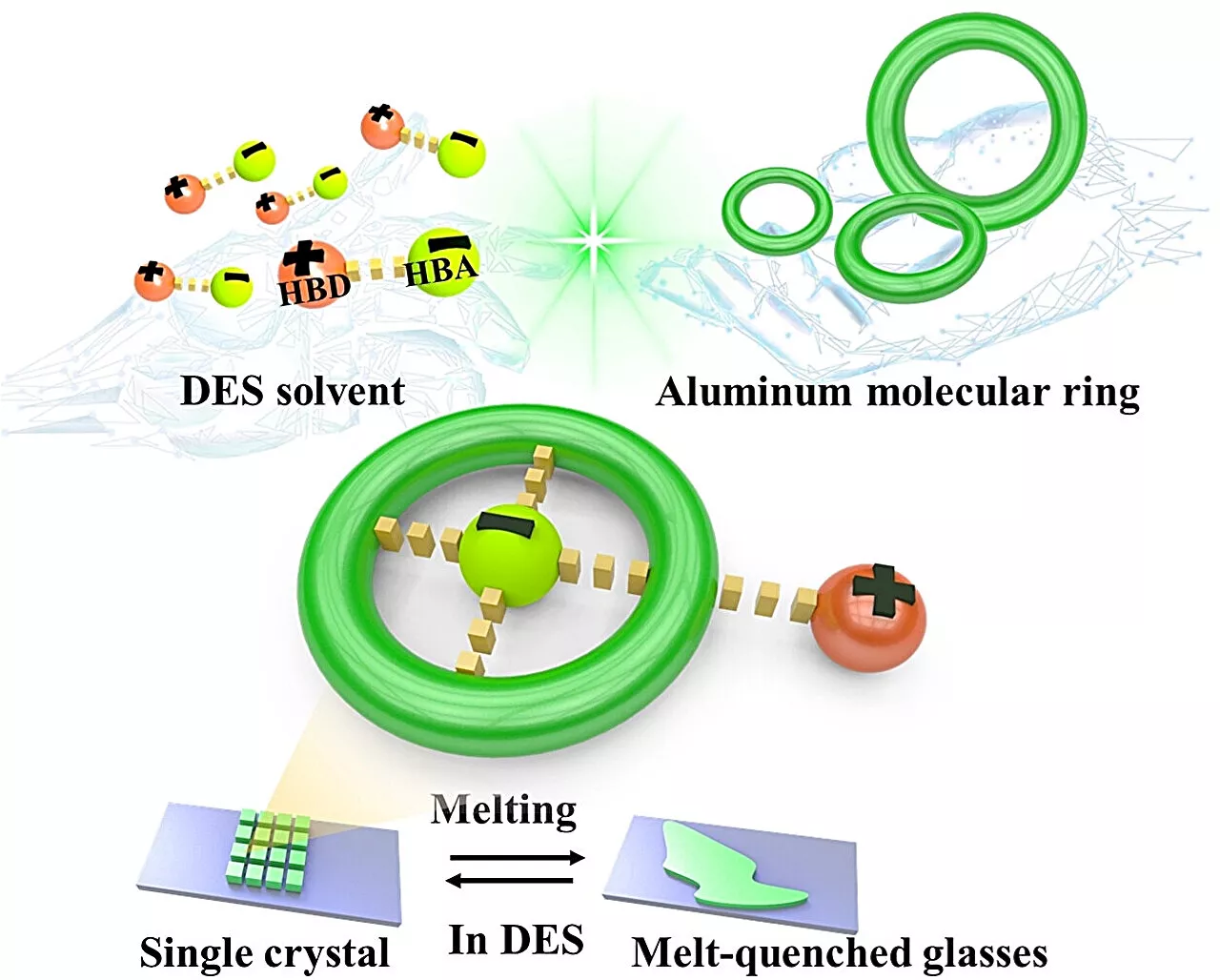Researchers are harnessing basic biology to develop drugs that foster healthy aging. Just don’t call them antiaging pills.
Each morning after breakfast, Scott Broadbent takes a plastic bottle from the refrigerator in his home in Alameda, Calif., pops the top, and drinks the contents, 2.5 ounces of milky liquid. “It has sort of a pineapple creamy flavor,” he says. “It’s really not bad.”
Just don’t call these potential medicines antiaging therapies. “That term is associated with an industry that is trying to sell products to the public to separate people from their money,” says S. Jay Olshansky, a demographer and geroscientist at the University of Illinois Chicago. The antiaging market includes everything from face creams meant to zap wrinkles to pills that promise to turn back the clock. “It’s bogus,” he says.
By the late 2000s, “the whole perspective of the scientific community changed,” says Felipe Sierra, who was then a program officer at the National Institute on Aging in Bethesda, Md. Aging biology moved from a phase of description into a phase of molecular investigation. Sierra wanted a name to bring the field together. He landed on, a word he had first seen in a grant proposal by another researcher studying aging, Gordon Lithgow. “Gero-” comes from the Greek word for old man.
One of the most commonly tested senolytic regimens is a combination of two compounds: the anticancer drug dasatinib and quercetin, an antioxidant that occurs naturally in grapes, berries and other fruits and vegetables. Other research efforts plan to compare fisetin, a compound found in strawberries and apples, with a placebo to see if it has an impact on frailty and markers of inflammation in the blood.
What’s more, as James Kirkland, a geriatrician at the Mayo Clinic in Rochester, Minn., points out, many of the clinical trials happening now will fail. “In fact, most will,” he says. That’s just a part of drug development. But nearly eight years after investigators first announced the 3,000-person trial, they’re still trying to get together funding. Metformin is cheap and readily available, no longer protected by a patent, so drug companies have no incentive to develop it for aging. Nir Barzilai, director of the Institute for Aging Research at the Albert Einstein College of Medicine in New York City, who is leading the study, has started telling people the trial will start in January.
United Kingdom Latest News, United Kingdom Headlines
Similar News:You can also read news stories similar to this one that we have collected from other news sources.
 Robolawyers Are As Good As Humans, Say ResearchersQuicker, cheaper and almost as accurate as humans, robolawyers are set to disrupt the legal industry.
Robolawyers Are As Good As Humans, Say ResearchersQuicker, cheaper and almost as accurate as humans, robolawyers are set to disrupt the legal industry.
Read more »
 Researchers show classical computers can keep up with, and surpass, their quantum counterpartsA team of scientists has devised means for classical computing to mimic a quantum computing with far fewer resources than previously thought. The scientists' results show that classical computing can be reconfigured to perform faster and more accurate calculations than state-of-the-art quantum computers.
Researchers show classical computers can keep up with, and surpass, their quantum counterpartsA team of scientists has devised means for classical computing to mimic a quantum computing with far fewer resources than previously thought. The scientists' results show that classical computing can be reconfigured to perform faster and more accurate calculations than state-of-the-art quantum computers.
Read more »
 Researchers demonstrate multi-photon state transfer between remote superconducting nodesOver the past few decades, quantum physicists and engineers have been trying to develop new, reliable quantum communication systems. These systems could ultimately serve as a testbed to evaluate and advance communication protocols.
Researchers demonstrate multi-photon state transfer between remote superconducting nodesOver the past few decades, quantum physicists and engineers have been trying to develop new, reliable quantum communication systems. These systems could ultimately serve as a testbed to evaluate and advance communication protocols.
Read more »
 FAR AFIELD: Researchers seek out and study tornadoes and severe weatherOceanic and Atmospheric Research (OAR) - or NOAA Research - provides the research foundation for understanding the complex systems that support our planet.
FAR AFIELD: Researchers seek out and study tornadoes and severe weatherOceanic and Atmospheric Research (OAR) - or NOAA Research - provides the research foundation for understanding the complex systems that support our planet.
Read more »
 Researchers develop cluster glass for fluorescence and nonlinear optical propertiesGlass can be synthesized through a novel 'crystal-liquid-glass' phase transformation. Crystalline materials can be fine-tuned for desired properties such as improved mass transfer and optical properties through coordination chemistry and grid chemistry design principles.
Researchers develop cluster glass for fluorescence and nonlinear optical propertiesGlass can be synthesized through a novel 'crystal-liquid-glass' phase transformation. Crystalline materials can be fine-tuned for desired properties such as improved mass transfer and optical properties through coordination chemistry and grid chemistry design principles.
Read more »
 Researchers 3D-print functional human brain tissueIt's an achievement with important implications for scientists studying the brain and working on treatments for a broad range of neurological and neurodevelopmental disorders, such as Alzheimer's and Parkinson's disease.
Researchers 3D-print functional human brain tissueIt's an achievement with important implications for scientists studying the brain and working on treatments for a broad range of neurological and neurodevelopmental disorders, such as Alzheimer's and Parkinson's disease.
Read more »
